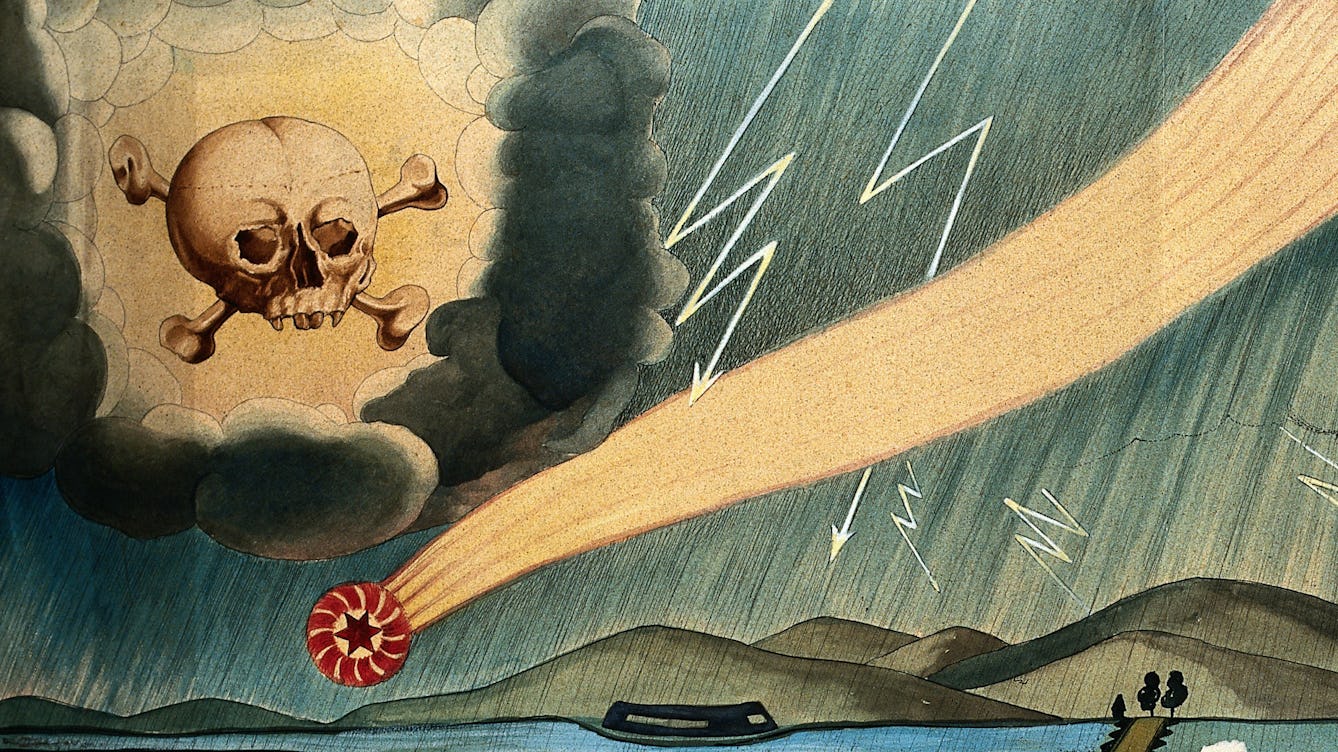
- Article
- Article
The current that kills
In the 19th century, electricity held life in the balance, with the power to execute – or reanimate.

- Article
- Article
How architecture builds a profession of stress
Architects might produce buildings that enhance our health, but at what cost? Kristin Hohenadel explores architecture’s pressurised and stressful culture.

- Article
- Article
My mother, and metaphors of a pandemic
A pandemic. Two members of one family, living thousands of miles apart. And months of calls and messages that helped them grow closer.

- Article
- Article
Guide dogs or good dogs from the Middle Ages
Medieval illustrations often show blind people, sometimes with dogs. But working out whether these were actually guide dogs involves a mix of detailed detective work and expert speculation.

- Article
- Article
Epidemic threats and racist legacies
Epidemiology is the systematic, data-driven study of health and disease in populations. But as historian Jacob Steere-Williams suggests, this most scientific of fields emerged in the 19th century imbued with a doctrine of Western imperialism – a legacy that continues to influence how we talk about disease.

- Article
- Article
Two health centres, two ideologies
Two futuristic, light-filled buildings aimed to bring forward-looking healthcare to city dwellers. But the principles behind each were very different.
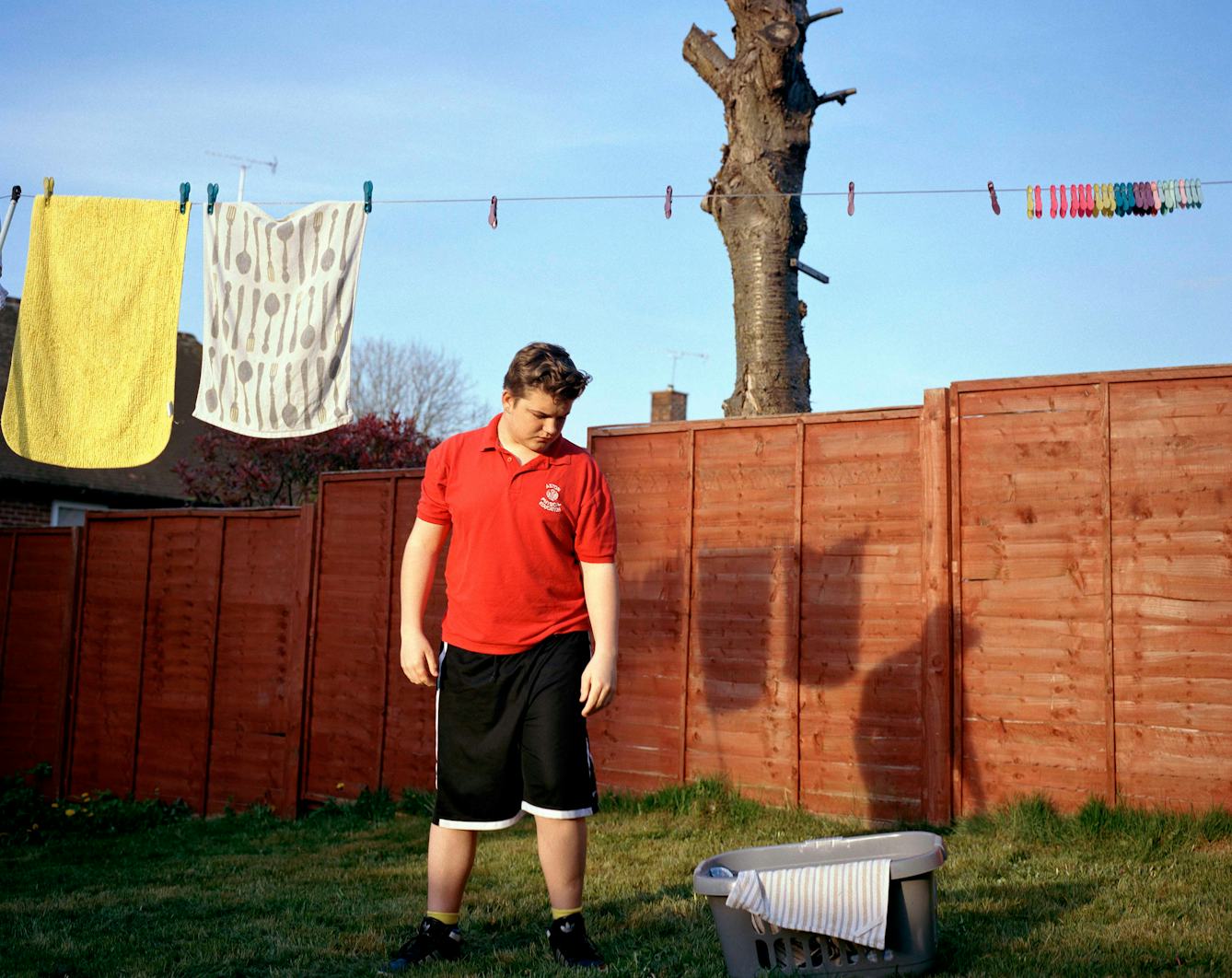
- Photo story
- Photo story
Obesity and Britain’s boys
Six young men and six experiences of being overweight. Find out how these boys and their loved ones feel about this stigmatising issue.

- Long read
- Long read
Healthy scepticism
Healthcare sceptics – like those opposed to Covid-19 vaccinations – often have serious, nuanced reasons for doubting medical authorities.
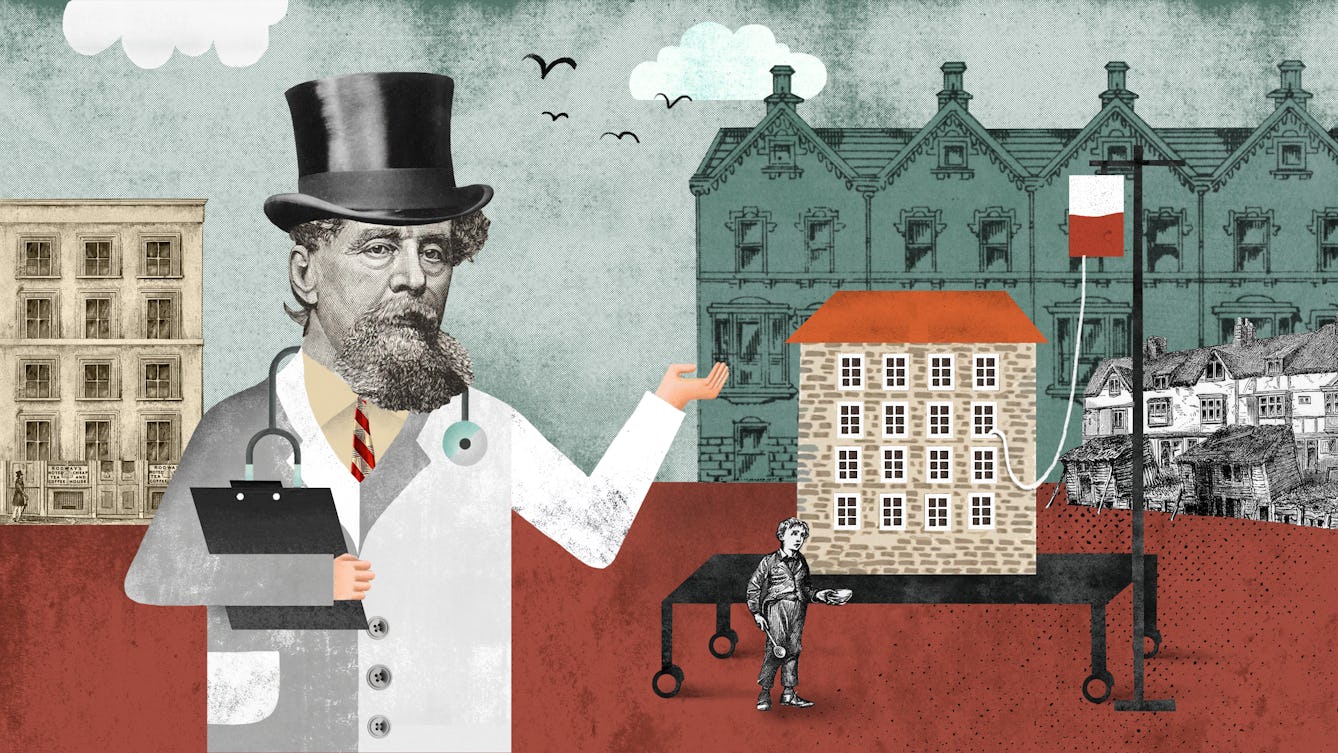
- Article
- Article
How slums make people sick
A newly gentrified corner of Bermondsey leaves little clue to its less salubrious history. But a few intrepid writers recorded the details of existence in one of London’s most squalid slums.

- Article
- Article
Are doctors medical detectives?
Do doctors really identify medical conditions in the same way that detectives solve crimes? Neurologist Jules Montague makes her diagnosis.
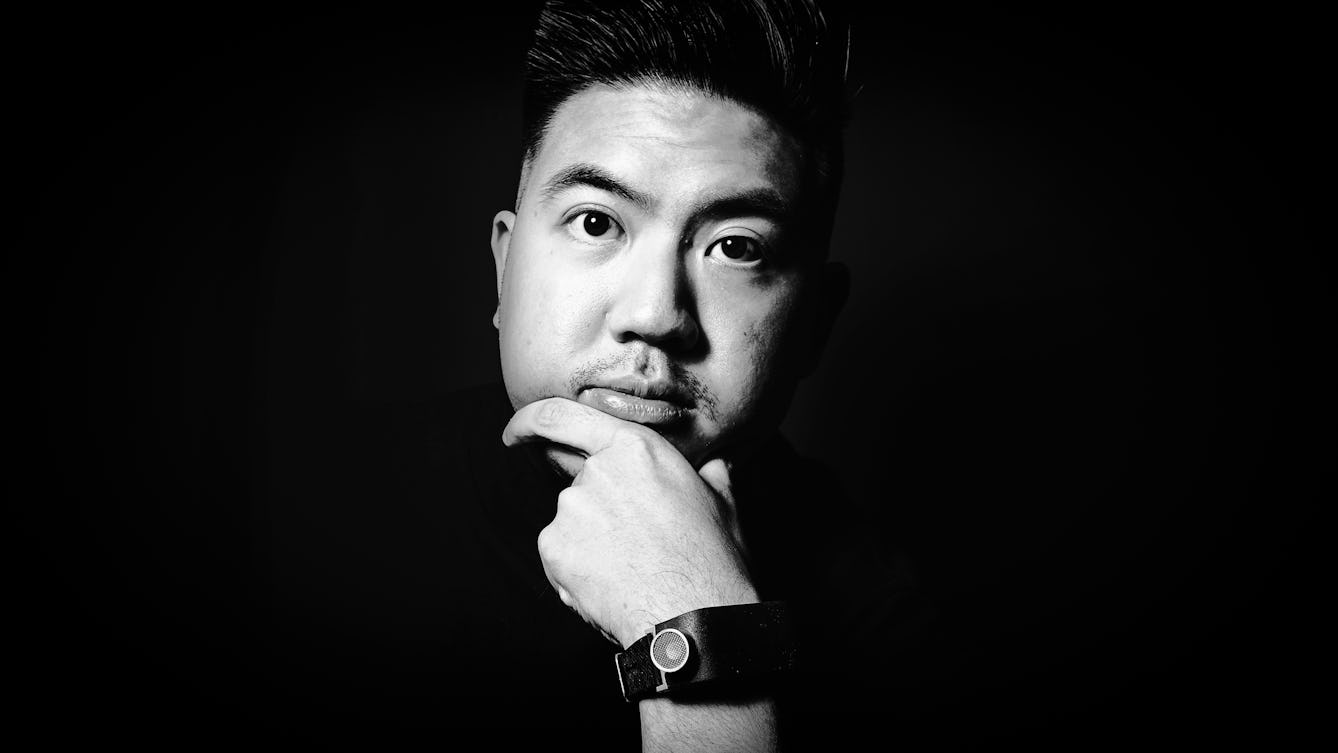
- Article
- Article
Navigating in a connected world
Alex Lee ponders the promising ideas, stalled projects and pricey gadgets that aim to help visually impaired people get out and about. But it seems that an actual human could be the essential ingredient.

- Article
- Article
Making sunstroke insanity
Medical historian Dr Kristin Hussey takes a closer look at sunstroke and mental illness, and how, in the late 19th century, they connected at the crossroads of colonial science and the idea of whiteness.

- Article
- Article
Why pandemic denial is nothing new
Could today’s Covid-deniers be taking lessons from history? After all, it’s nearly 200 years since frustrations at a cholera-induced lockdown erupted in Sunderland.
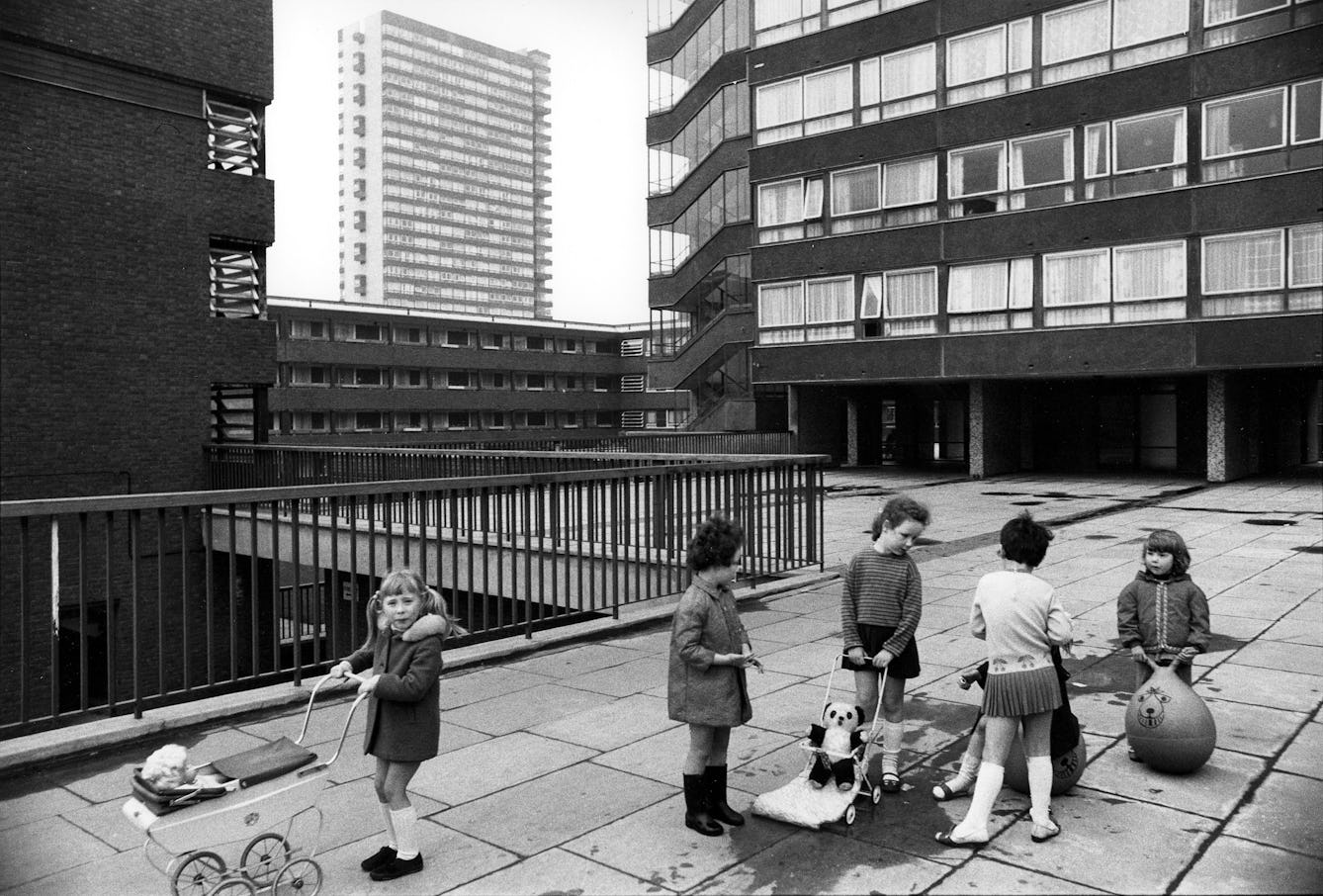
- Book extract
- Book extract
“Above resistant pavements, I floated”
In this extract from ‘Living with Buildings and Walking with Ghosts’, walk with Iain Sinclair through the streets of London.

- Article
- Article
Audrey and her family
In working on Audrey Amiss’s archive, Elena is getting closer to understanding her. But the way her niece and nephew remember Audrey adds essential detail to the picture.

- Book extract
- Book extract
Your gut’s instincts
Cultural historian Elsa Richardson explores the stomach’s influence over our emotions, and why trusting your gut is often good advice.
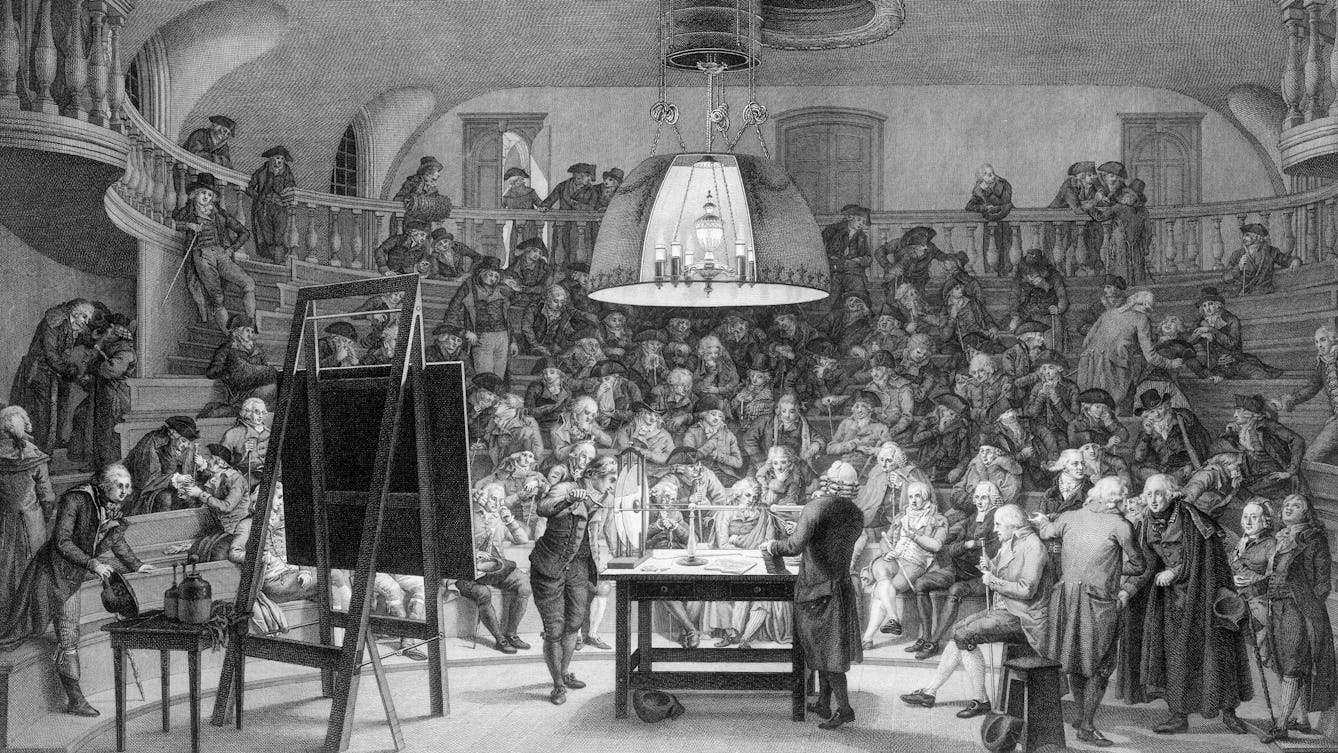
- Article
- Article
Charged bodies
Electrified humans brought education and performance together with a spark in the 18th century.
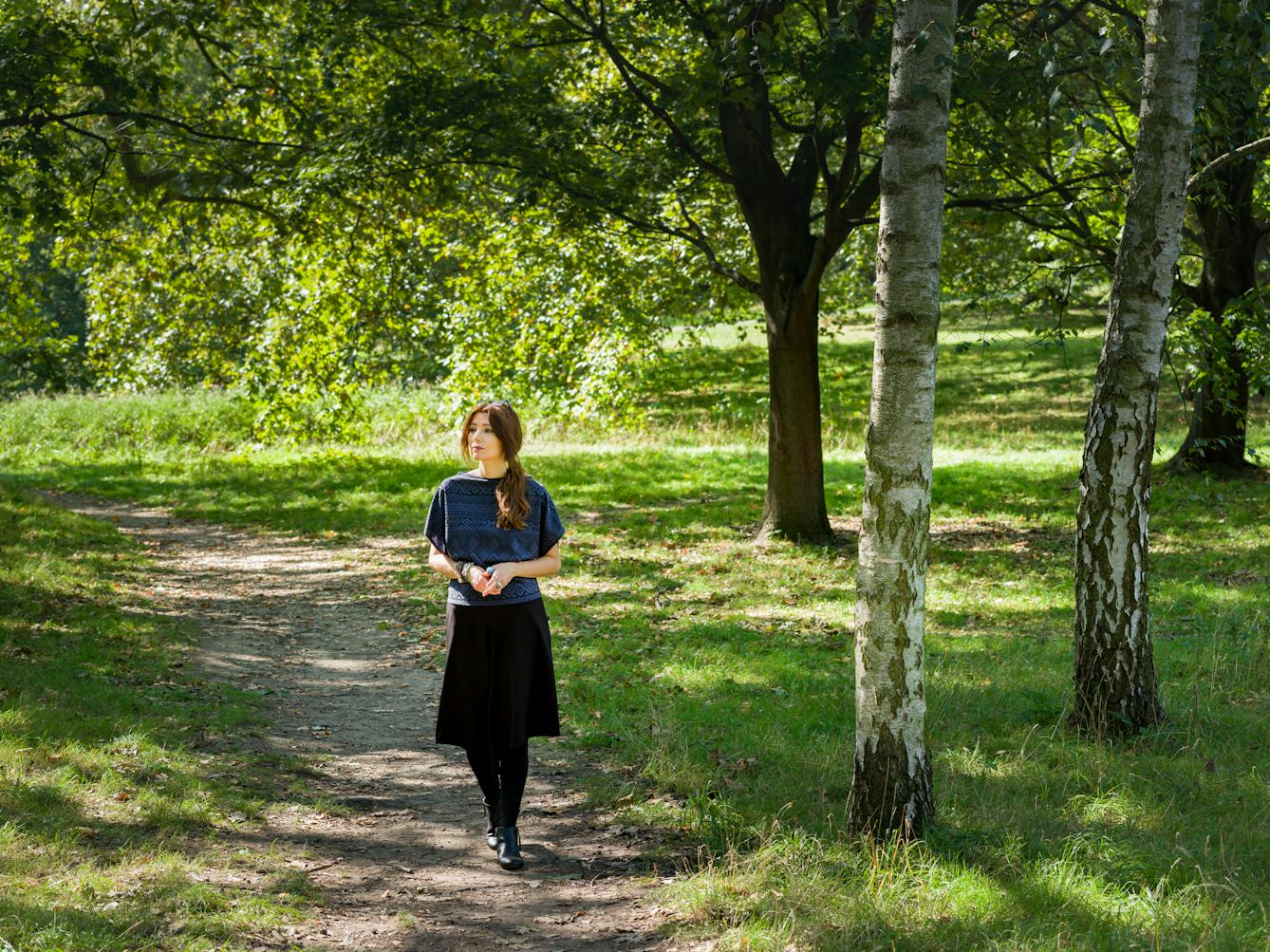
- Book extract
- Book extract
How stories bring us together
Elif Shafak considers how hard it is to be heard in our divided world, but how listening can nurture wisdom, connection and empathy.
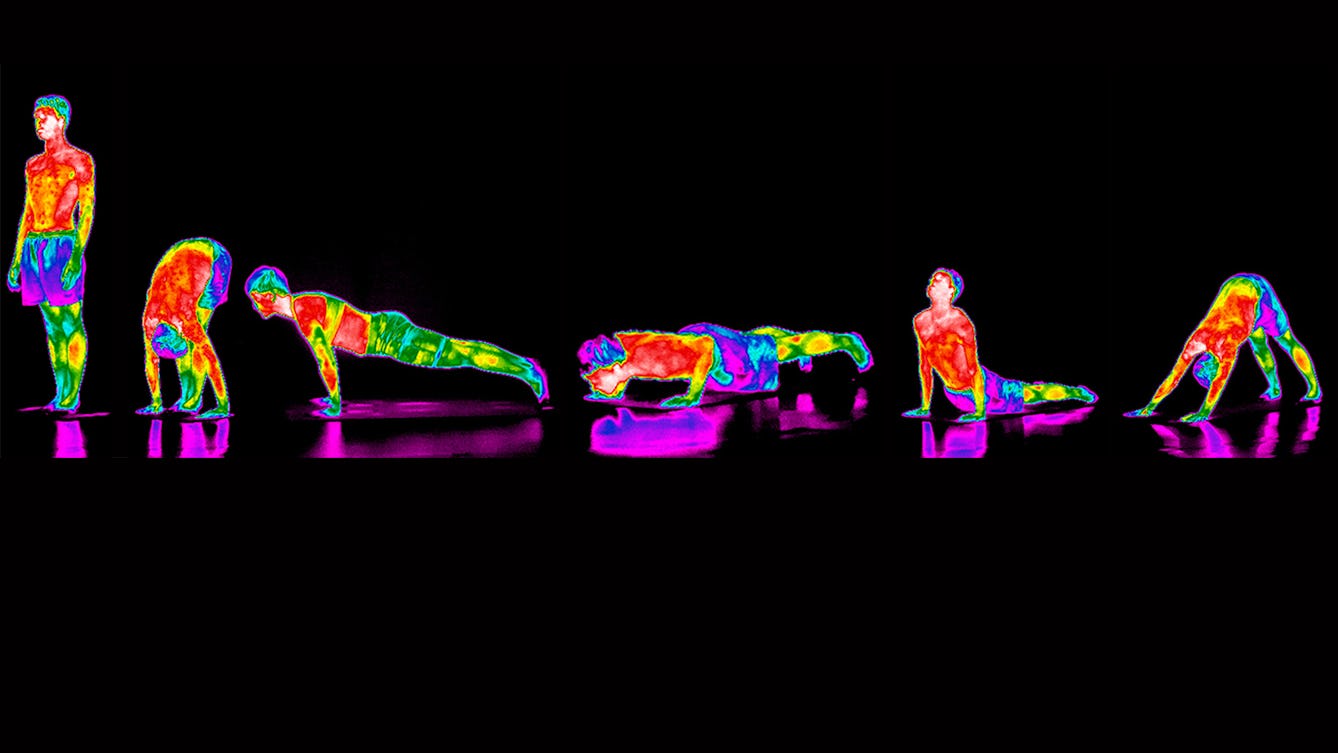
- Article
- Article
Yoga adapts to time and place
A yoga teacher in 1930s India inspired today’s transnational practice with his spectacular fusion of tradition and innovation.
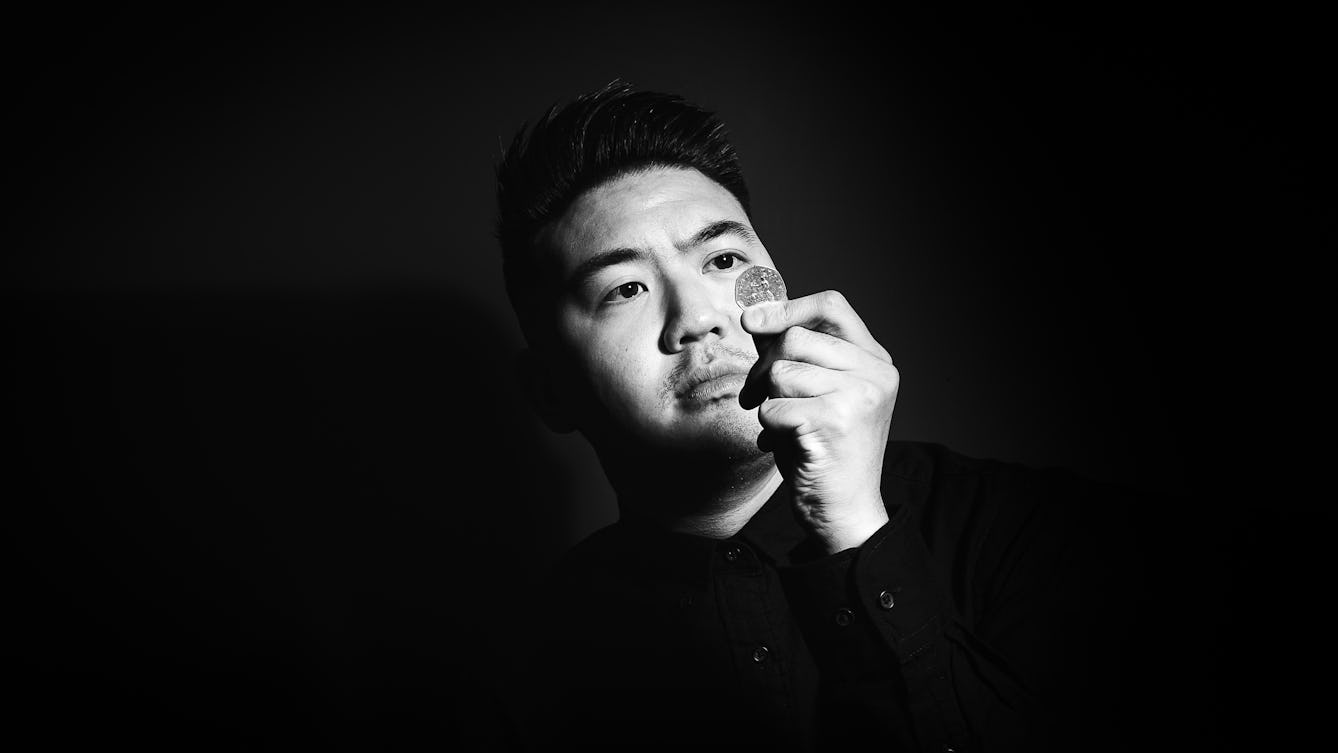
- Article
- Article
Life before assistive technology
When an inherited condition caused Alex Lee’s vision to deteriorate, he began to discover the technologies that would help him navigate the world around him. Here he describes how his life began to change.
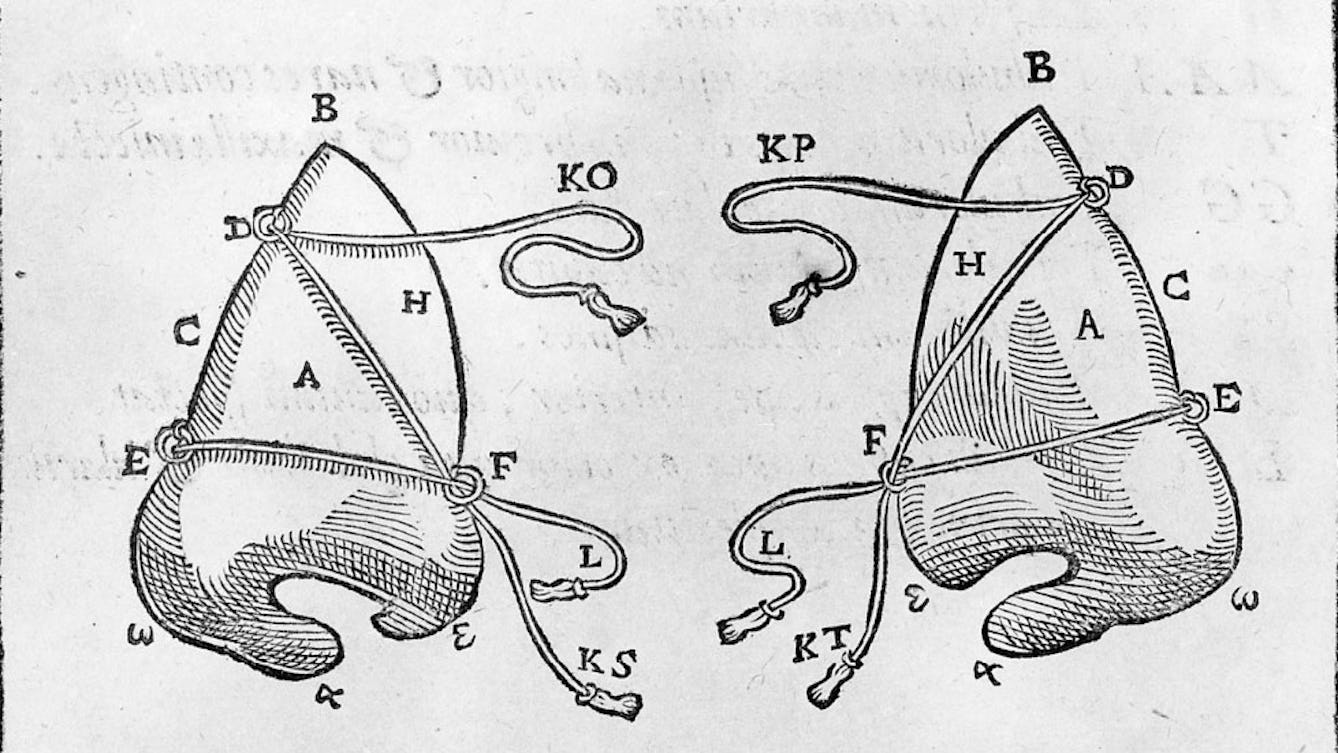
- Book extract
- Book extract
My important, ridiculous nose
The nose is a much-maligned appendage, but it’s a powerful organ capable of invoking powerful emotions from past memories and sexual attraction.